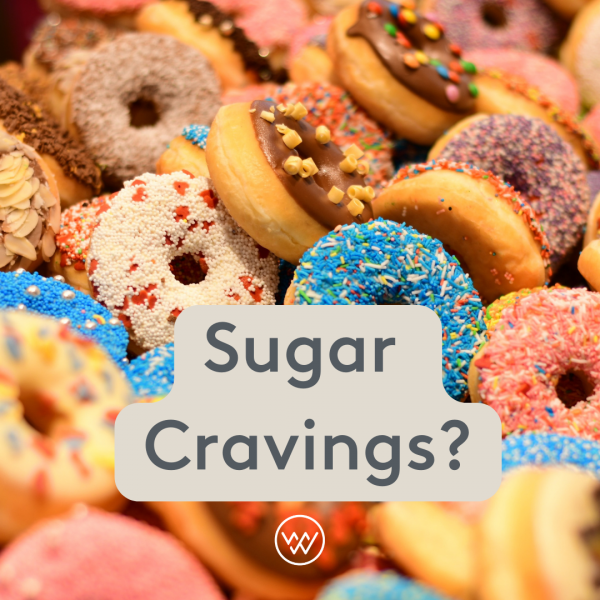
Stop sugar cravings!
A regular question Melbourne Wellness naturopaths are asked is”how do I stop sugar cravings and processed food cravings?”
Many of us get that late afternoon energy dip.
Then we reach for sugar or caffeine loaded options.
Sound familiar?
The answer......eat more animal-based, whole food protein sources during the day!
Protein is our most satiating nutrient, it keeps us feeling fuller for longer and stabilizes our blood sugar levels throughout the day. This helps steady our appetite throughout the day reducing those afternoon dips in blood glucose levels, which often results in fatigue and a craving for “pick me up” processed foods.
It is amazing the difference good quality protein intake at each meal has on satiety levels, energy levels and cravings. While processed food and sugar intake may be due to psychological factors (e.g. bad habits), they are also driven by physiological mechanisms as well.
Once our blood sugar levels drop, our brain seeks out calorie and carbohydrate-dense foods in order to get our blood sugar levels back up. Blood sugar drops are also exacerbated when stressed, which is also a physiological reason why stress can lead to increased processed food intake, aside from the psychological factors like “comfort eating.” Therefore, it is all the more reason to prioritize good eating habits when we are stressed.
Good sources of animal-based protein are:
• Meat (does not include processed meat)
• Whey protein powder
• Eggs
• Fish
• Greek yoghurt (natural and unsweetened with no added sugar)
If you eat a plant-based diet be mindful that plant-based proteins may not be as “well absorbed” as animal-based proteins requiring you to eat more plant-based proteins to get the same amount of absorbable protein as you would from a smaller amount of animal-based foods. This also means higher calorie intake as well. Good plant-based proteins include:
- Tofu, tempah
- Lentils
- Chickpeas
- Beans
Make sure your intake of these foods is predominantly home-prepared, cooked in healthy oils like olive oil and flavoured with your own herbs and spices, rather than sauces or pre-packaged/pre-flavoured meat and fish.
When foods are classified into their respective macronutrient categories (i.e. protein, carbs and fats), the food is categorised based on the predominating macronutrient in a given food. Of course, many foods are a mix of macronutrients. For example, while foods like beans, legumes and lentils do contain protein, they are mostly made of carbs, therefore they are classified as carb sources. In order to obtain adequate protein intake from these foods, you would also have to take in a lot of calories via carbs as well. The same goes for nuts. Nuts do contain some protein, however, they mostly contain fats, therefore they are a fat source. Trying to get adequate protein intake from nuts will lead to excess calorie consumption via fats. These foods are healthy and are part of a balanced diet, however, they are not good sources of protein. They are rather good sources of carbs and fats.
To kick your cravings our Melbourne Wellness naturopaths can create an individual program to support your concerns.

